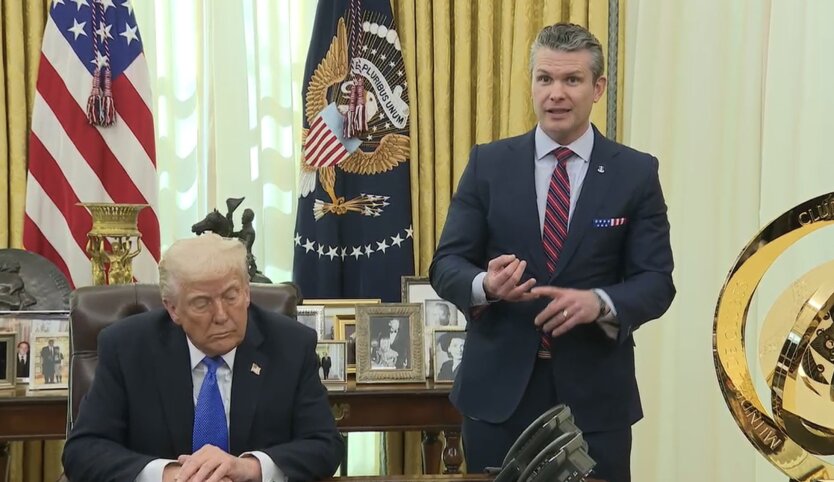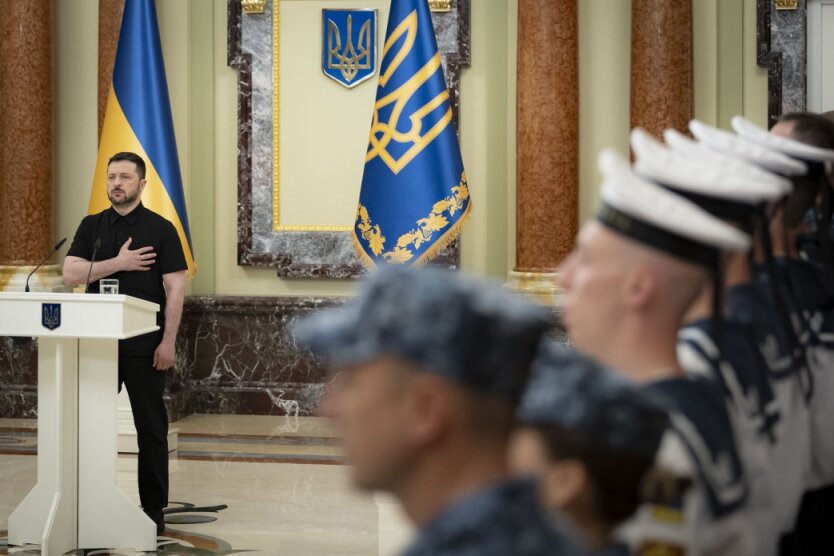The Trump administration accidentally added a journalist to a chat about military operation plans - The Atlantic.


The editor-in-chief gained access to Trump's military plans due to an error in the Signal messenger
According to The Atlantic, editor-in-chief Jeffrey Goldberg gained access to secret military plans of the Trump administration due to an error in the Signal messenger. High-ranking officials from the USA added the journalist to a closed group where details of upcoming airstrikes against Houthi positions were discussed.
On March 15, 2025, the USA carried out a large-scale attack on Houthi positions in Yemen. However, the editor-in-chief of The Atlantic learned about the preparation for this operation two hours before the first explosions, as Defense Secretary Pete Hegseth accidentally sent him a detailed action plan that contained exact information about the weaponry, targets, and timing of the attack.
It all started on March 11, when Goldberg received a connection request in Signal from a user named Michael Waltz - a national security advisor to President Trump. Two days later, Goldberg was added to a group chat titled 'Houthi small group of the SS' (SS - main committee).
The chat included high-ranking officials from the Trump administration, including Vice President J.D. Vance, Secretary of State Marco Rubio, Director of National Intelligence Tulsi Gabbard, Defense Secretary Pete Hegseth, and others. In total, there were 18 people in the group.
Everything was disclosed in Signal
On March 15 at 11:44, a user named 'Pete Hegseth' published a detailed plan for upcoming strikes in Yemen, including information about the targets, weaponry, and sequence of attacks. According to the report, the first explosions were to take place at 13:45 Eastern Time. At 13:55, Goldberg checked social media and found reports of explosions in Yemen's capital, Sana'a.
In response to a journalist's inquiry, a representative of the National Security Council, Brian Hughes, confirmed the authenticity of the group in Signal: 'This is an authentic message chain, and we are verifying how an outside number was added to it.' He also noted that 'the prolonged success of the operation against the Houthis indicates that there are no threats to the troops or national security.'
Joint coordination via Signal violates the law
National security lawyers consulted by The Atlantic believe that coordinating a military operation via Signal may have violated several provisions of the Espionage Act, which regulates the handling of information related to 'national defense.' Signal is not an approved application by the US government for sharing classified information.
Furthermore, Waltz set some messages to automatically delete after a week or four, raising questions about potential violations of federal record-keeping laws: text messages about official actions are considered documents that must be preserved.
Read also
- Land boom in Ukraine: prices per hectare have sharply increased
- In Ukraine, prices for the 'borscht set' have fallen: what has become more affordable
- Zelensky promised Trump to replace Ukraine's ambassador to the US: FT named candidates
- Where and how can a mobilization notice be served: explanations from the TCC
- Zelensky declared air defense as a top priority and announced new agreements with partners
- 5000 hryvnias for a schoolchild: Ukrainians were told the rules for receiving the payment









